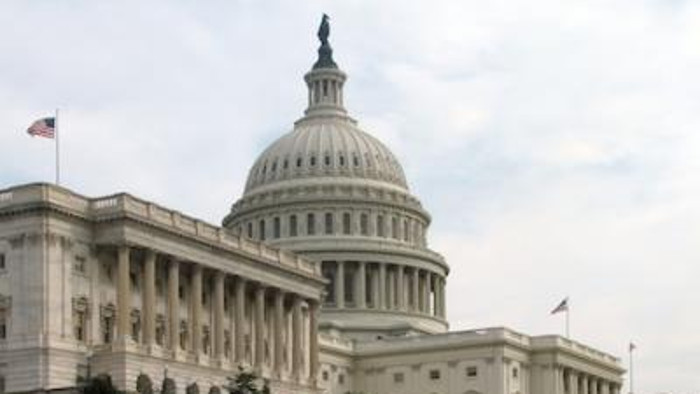Updated Digital Copyright Act Brought Before Congress
Sen. Tillis says copyright law has not adapted well to new technological advancements

WASHINGTON—A new bill that would reform digital copyright laws to better reflect the advancements in technology and changing business practices has been introduced in the Senate by Sen. Thom Tillis (R-N.C.) as a first draft discussion legislation.
Dubbed the Digital Copyright Act of 2021 (DCA), the new bill would amend key provisions of the Digital Millennium Copyright Act (DMCA) to combat online copyright privacy, improve exemptions available to users for circumventing technological protection measures (TPMs), increase attribution protections to properly credit authors, make the Register of Copyrights a presidential appointee and place the Copyright Office under the Department of Commerce.
DMCA was enacted in 1998. Tillis argues that in its current form, copyright legislation is not able to meet the needs of most copyright owners and individual users. He believes that the DCA will reform the framework of the DMCA and encourage the creation of copyrightable works to protect users and consumers making lawful uses of copyrighted goods and software-enabled products.
“The Digital Millennium Copyright Act was passed in 1998, and while it was revolutionary at the time, the law simply hasn’t kept pace with changes in technology,” said Tillis. “The DMCA is antiquated and is past-due for modernization.”
Tillis invites interested stakeholders to submit redline edits and comments to the DCA discussion draft by March 5. A second discussion draft is expected to be ready in April, which will be used as a basis for further discussion to finalize a piece of legislation that Tillis hopes Congress will vote on.
The full first discussion draft DCA is available to read online. For information on how to comment on it, visit Sen. Tillis’ website.
Tillis was behind another piece of legislation earlier this week, as the Protecting Lawful Streaming Act, which would make the pirating of streamed content a felony, was included in the omnibus spending bill passed by Congress.
The professional video industry's #1 source for news, trends and product and tech information. Sign up below.
